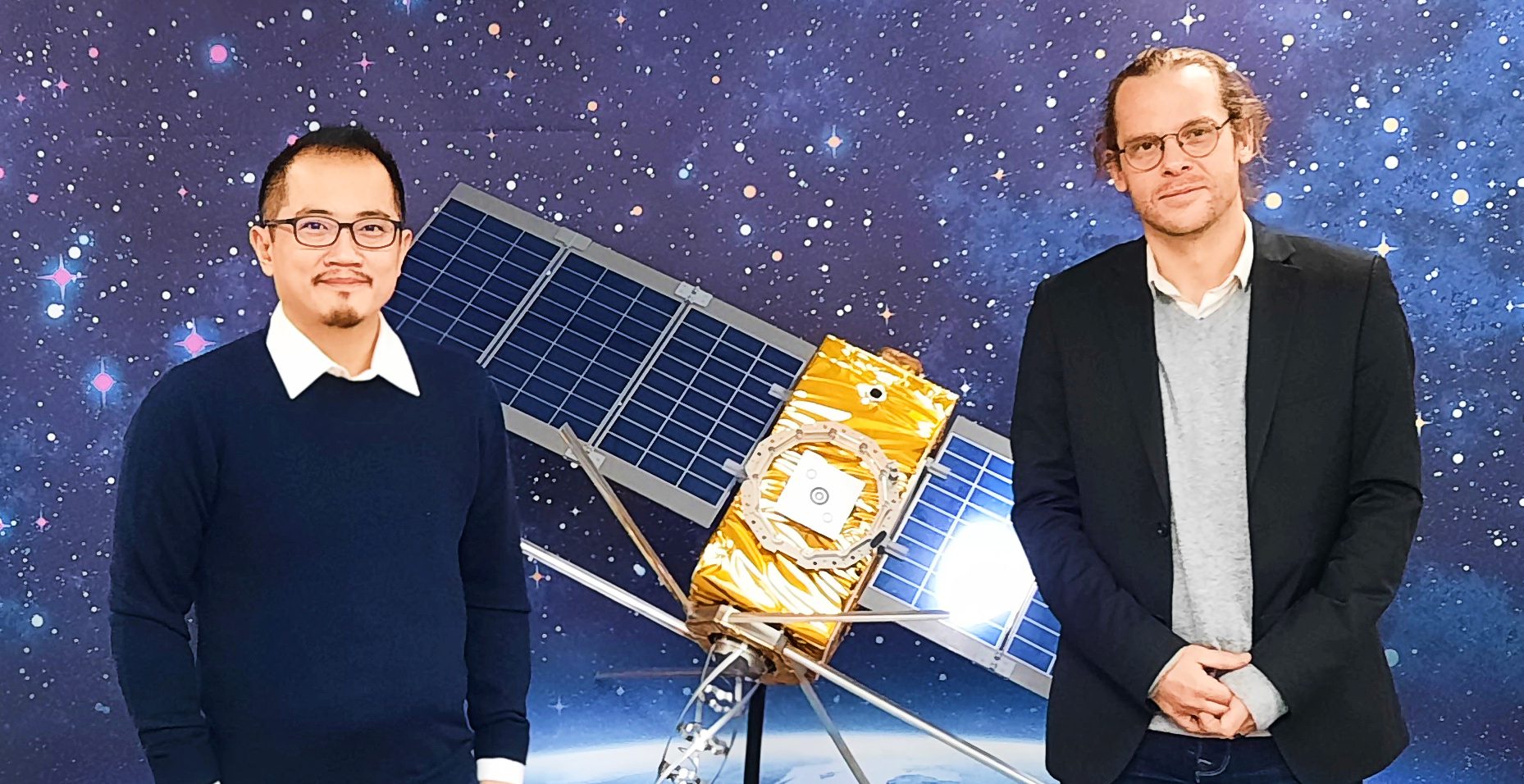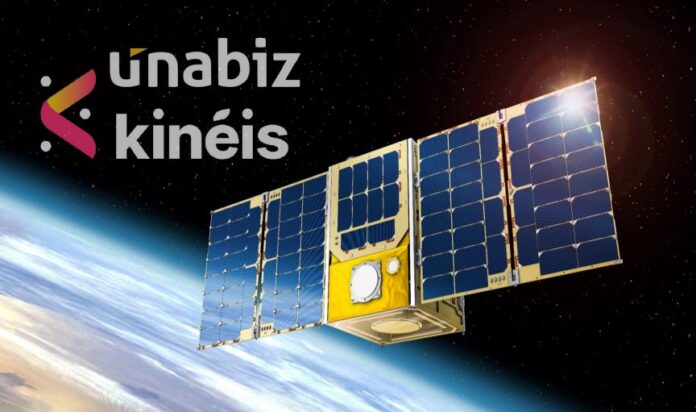Singapore-headquartered terrestrial IoT provider UnaBiz has struck a deal with Kinéis, a France-based satellite IoT spin-off from the French Space Agency (CNES), with a view to provide satellite IoT connectivity for the logistics and transportation industries. Kinéis was created in 2018 by CNES and CNES-subsidiary CLS (Collecte, Localisation, Satellites) with the purpose to “democratise” the latter’s ARGOS environmental data system to the IoT market.
UnaBiz and Kinéis said they will start work to develop and commercialise a “seamless global IoT solution” that integrates data from the CLS/Kinéis satellite network onto UnaBiz’s own data platform. CLS owns seven satellites in low-earth orbit (LEO); it has two more scheduled to be deployed in 2022, and a plan to launch a 25-nanosatellite constellation in 2023 from New Zealand. Kinéis said a 30-strong fleet will provide “near real-time connectivity”.
The ARGOS satellite monitoring system, now in the hands of Kinéis, started in 1978 as a collaboration between CNES and the US National Oceanic and Atmospheric Administration (NOAA), with support also from NASA. It has provided environmental monitoring and surveillance data about the Earth since 1986. The move into the IoT market, to leverage its satellite-based localization data, and extend to low-power satellite connectivity, is more recent.
Meanwhile, UnaBiz, originally defined purely as a Sigfox operator and solution provider in Taiwan and Japan, as well as in its homeland of Singapore, has carved out a niche in the past year or so as a “multi-tech” IoT provider of low-power wide-area (LPWA) solutions, also offering hardware and software for LoRa/LoRaWAN, and cellular-based NB-IoT and LTE-M – besides Sigfox connectivity in Singapore and Taiwan, and Sigfox gadgetry for partners globally.
The five-year-old scale-up claims to be among the leading LPWA IoT connectors anywhere, responsible for over 1.4 million sensors in 28 countries, with some sizeable single-customer deals among them. It has recently raised $25 million in Series B funding, with a view to expanding in Asia, Europe, and the Middle East via organic growth and acquisitions, and establish itself as a go-to production house for the broader LPWA market.
UnaBiz sees a future in a “unified LPWAN world”, which unites a global patchwork of LPWA tech. The company has helped to organise and cheer-lead more than two dozen Sigfox operators across the world into a formal ‘0G United Nations’ (0GUN), running with the Zero-G (0G) branding Sigfox has adopted to capture its position as a backup tech for all the other cellular-Gs, and borrowing from the vibrant ecosystem model established by the LoRa Alliance.
The satellite IoT story is racing ahead, at the start of 2022. Already this year, LoRa-owner Semtech has announced work with Lacuna Space, LoRaWAN outfit Senet has announced a partnership with Eutelsat on satellite IoT tracking, and Inmarsat has announced Germany energy company RWE as a first commercial customer for its nascent ELERA satellite IoT system. There is more to come, this week and next, and through 2022.
Terrestrial IoT providers are seeking to fill in problematic not-spots and black-spots with satellite coverage, to serve out-of-the-way tracking in the logistics, maritime, utilities, agriculture, and sundry other remote industries. “The new space industry is growing at a steady pace,” said UnaBiz. It quoted (unattributed) figures that the number of satellite IoT subscribers will increase at a compound rate (CAGR) of 35.8 percent to reach 15.7 million units by 2025.

Henri Bong, co-founder and co-chief executive at UnaBiz, said: “Both Kinéis and UnaBiz are focused on creating value for the ecosystem. We are excited to work with our new partner in the new space industry as Nanosatellites IoT solutions will complement our existing terrestrial offers, including LPWAN and cellular solutions, providing our partners with a truly global connectivity solution.”
Alexandre Tisserant, chief executive at Kinéis, said: “We are very pleased to begin this new partnership with UnaBiz in Asia, after being granted access to the U.S. market. Together, we can strengthen our market position by offering a complete and reliable IoT solution with global coverage which combines the best of each technology.”

